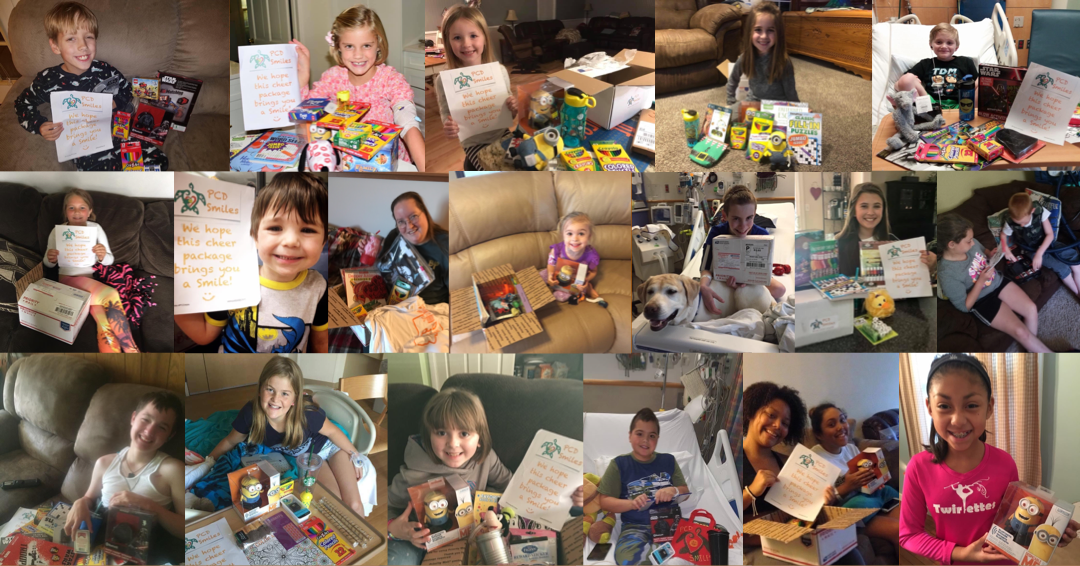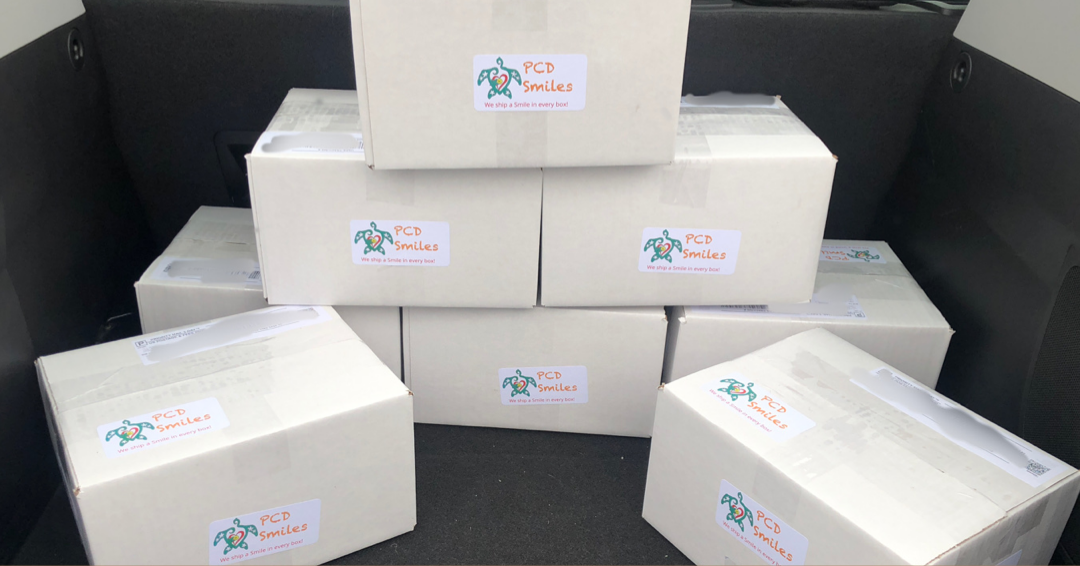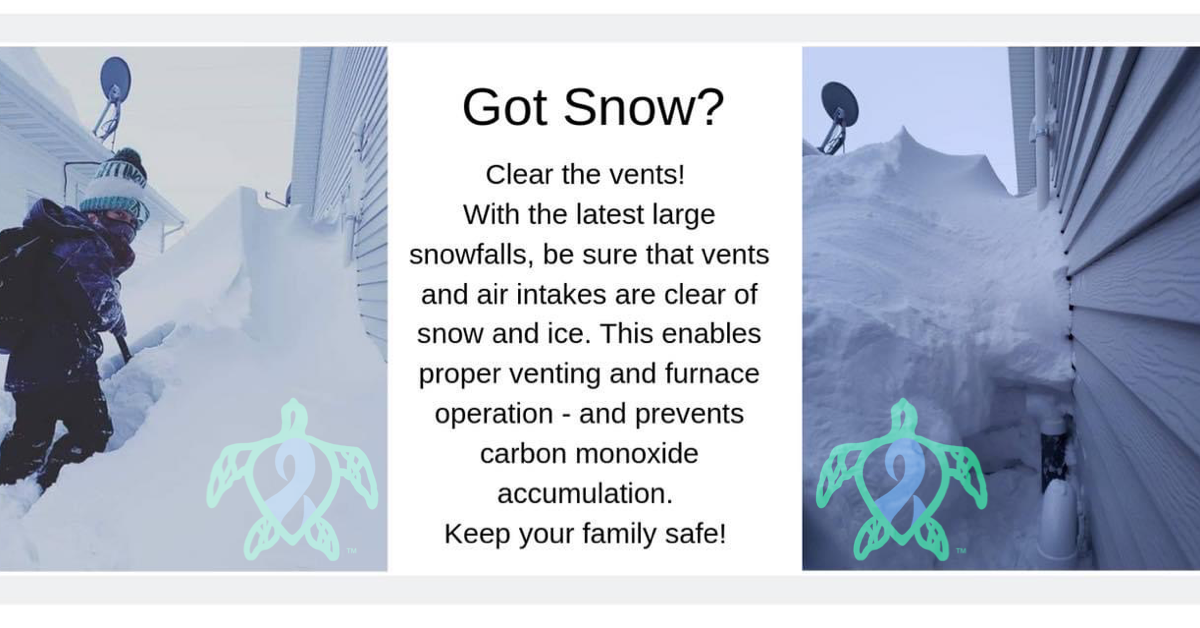Dear Smile E.
Why are kids treated differently than adults when it comes to healthcare? I’ve been an adult for a few years now. I feel that as an adult I’m often dismissed or my input of my overall healthcare isn’t wanted by anyone. I left my doctors I had when I was a kid as soon as I could, because I felt my doctors were more into my parents wishes than mine. However these new doctors do not take the time to understand PCD and my care is completely different now. They don’t even care to hear my thoughts, my concerns, my fears, or my ideas about the things they want me to do. How do I find the care I need and maintain my independence and privacy.
Signed,
Independently PCD
Dear Independently PCD,
You are absolutely right, pediatric care versus adult care is a totally different ballgame. With pediatrics, the providers basically handle the patient with kids gloves so to speak. They are very engaging and take time to listen to their pediatric patients. This is mainly two fold, first it calms the patient’s fears and it gained the patient’s trust. Then we are starting to see pediatric centers preparing their pediatric patients for the transition to adult care by getting the patient more involved in their care. This time can be very confusing for parents, guardians, and or care givers. It’s hard to let go when they have been the driving force in your care since your were born. My advice is too given them a whole lot of grace. Keep up your communications with them, basically try to mitigate conflicts in care ideals calmly and rationally. Seek your parents, guardians, and or care givers opinions and ideas, but remember the choice is ultimately up to you. I do encourage you to think of your healthcare in the context of long term, like thirty to forty years. Remember the choices you make today will come due in the future. PCD care is a trade off and a risk versus benefits analysis with each and every decision. Some of the decisions you make now will have lasting long term consequences when you get older.
On the adult patient front, adult care is not very inviting like it is in pediatric care. Unfortunately most doctors and centers do not see then need to provide multidisciplinary medical care to patients like us. In fact most adult doctors will not wade in to areas of expertise that aren’t in their wheelhouse so to speak. I often get, well you need to see cardiology for that, or ent, or whoever. The rest of your adult team will be like that as well so it can get very confusing and very frustrating for sure. I do encourage you to look into palliative care, it’s not hospice, it meant to improve the patient’s quality of life and can been started at any stage of illness. People are on it years, or they drift in and out of it as needed. A palliative care team works together very efficiently and can help you in areas that other providers may not be able to. Also it basically makes your entire healthcare team work together as one team and therefore you aren’t feeling shoved off to the next provider. It may be something to look into to help you maintain your independence for as long as possible. I also suggest adding a therapist to your team to help you navigate this most difficult time of transitioning care and or maintaining independent care on your own.
Yours Truly,
Smile E. Turtle
Do you have a question for Smile E.?
Please EMAIL your questions to;
And tune in next Sunday to read the latest Ask Smile E.
Join our Facebook group Turtle Talk Café today, click here.
We have several ways that you can donate to PCD Smiles;
- Visit Smile E. Turtle's Amazon Wishlist
- For more information on how you can donate, please visit our "Donation" page to check out our "Do & Don't policies.
- Or sponsor a PCD Smiles cheer package today!
- To shop for your “Official” turtle care ribbon gear today, visit PCD Style or Smile E. Cove
Thank you for your consideration!














